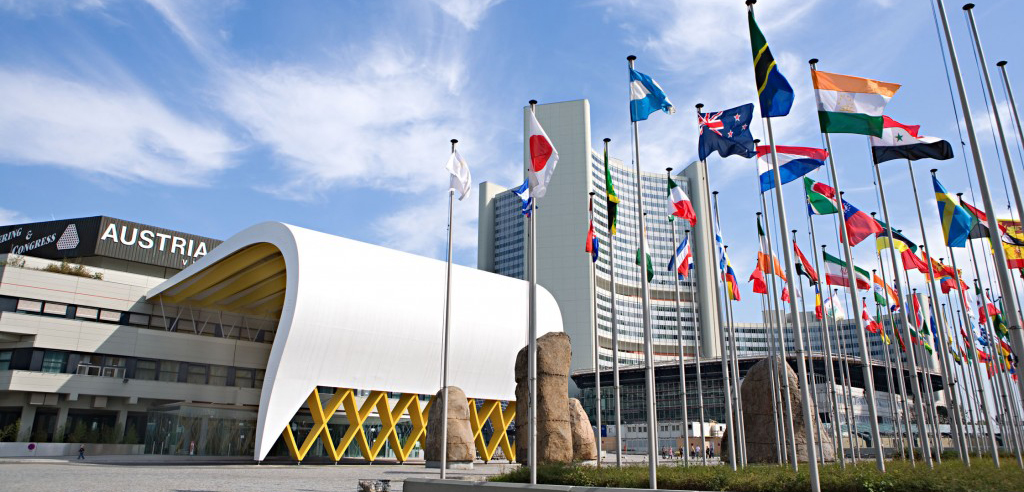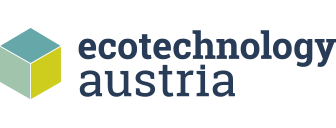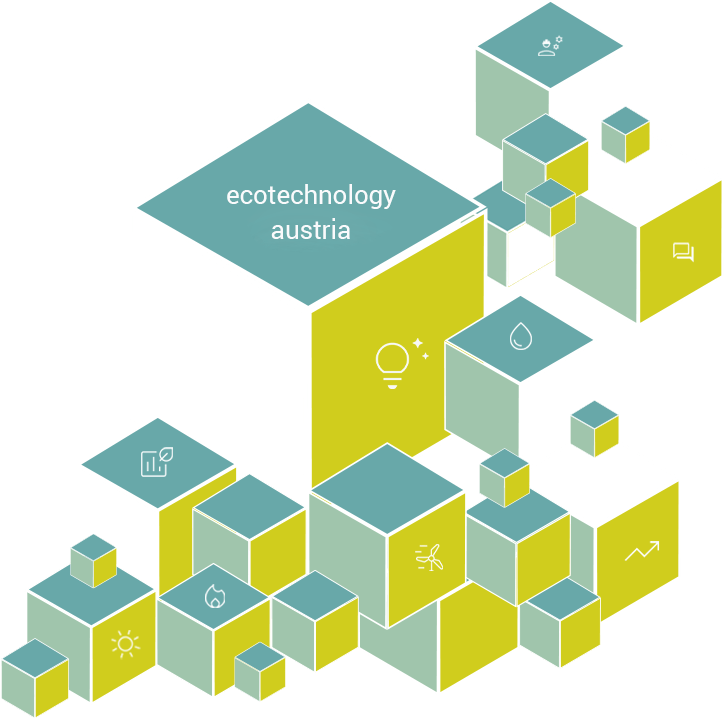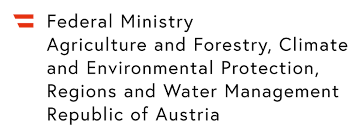International congress on environmental technologies

International congress and exhibition on environmental technologies and renewabel energies as well as on environmental innovation and climate change
In the face of increasingly scarce resources, the sustainable supply of water and energy is no longer guaranteed. Apart from this, we must tackle all issues of waste management, and secure companies, in the face of general development, employment (s) and profit from new markets.
These and other current topics of our industrial society – which affect us all – builds a kind of pioneer and impetus role for the growth market of environmental technologies and renewable energies, envietech2010, which was launched with great success as a European leading event in this sector in 2008.
The international congress on environmental technology and renewable energies supports envietech2010 in the search for sustainable solutions by networking experts from business, science and development as well as representatives of municipal and regional associations and international investors.
Other key areas are the acquisition of new partnerships, the strengthening of their own market position and the opening up of new markets.
The latest technological developments and system solutions will be shown during the exhibition. The congress forums offer the opportunity to exchange information at the highest level. Visits to demonstration facilities complete the comprehensive range.
Envietech – Congress topics:
1. Environmental technologies
Environmental technology for a sustainable development of settlements – “Better Live – Better Future” and “More success through radical innovations”
Main topics:
Development of national and international co-operation between environmental technology companies, local authorities and research institutes to promote radical innovations, as well as cooperation on ecological issues of global urbanization, ecological construction, water, waste and energy industry in cities and municipalities. In addition, innovative collaborations, public-private partnerships and projects from cities, municipalities and companies are presented in particular from California and Austria.
2. Renewable energy
Renewable energy sources will play an increasingly important role in the future if a safe and sustainable energy supply is to be guaranteed. The speed at which the withdrawal from the fossil energy supply will take place also depends on how quickly it is possible to drive the use of renewable energies into new fields of application than has so far already been tried and tested.
Main topics:
Passive House:
In recent years, many activities – from research to education and training – have been undertaken to minimize the energy consumption of a house. The passive house now represents a positive opportunity for all those who are in front of a new building project – from the family home to the service building. The development of the Passive House is the answer to the increasing energy consumption of our society, the climate problems and energy supply crises, which require a reduction in energy consumption in the building sector.
Plus energy house:
A huge innovation step, i. Of buildings which consume not only little energy for heating, cooling, ventilation, etc., but also produce energy. The challenges here are, for example, the integration of production plants into the building, the technology development in the field of domestic technology and building envelope as well as in decentralized energy storage.
The topics Passive House and Plus Energy House will focus on national and international research trends and research results, as well as implementation in practice, and will then be discussed.
Research results for the innovative use of renewable energy in the commercial sector, such as the use of solar energy in the high temperature range, practical experience from application in an SME, technical challenges for large plants and European developments in this area.
3. Waste and water management
Technological innovations and management techniques in the area of efficient water use
For more sustainable water management, which is already being offered by the water and environmental technology industry. System solutions help responsible local authorities, water utilities and wastewater treatment as well as water users to cope with ever-increasing environmental challenges, as illustrated by specific examples.
Waste streams as raw materials and energy sources
The new EU Waste Framework Directive provides targets for the reuse and recycling of certain waste streams – by 2020, 50% of paper, metal and glass from household waste and similar waste streams, as well as 70% of non-hazardous construction and demolition waste can be recycled or recycled. Regional authorities and local authorities are required to use cost-effective waste management methods and the innovative recycling technologies offered by environmental technology companies.
Main topics:
Solutions such as recyclable building materials, which can be used for building construction materials, can recover valuable raw materials, electrical appliances and batteries, or obtain bio-waste from products such as high-quality compost and biogas. In this way, waste streams are used efficiently as anthropogenic raw materials and energy sources and material cycles are closed.
4. Financing sustainable technologies
The rapidly advancing climate change and the low dynamics of traditional economic areas call for a dynamicization of the technology and market development in the areas of environmental and energy technology. The issue of financing is of particular importance.
Austrian suppliers are encouraged to provide a financing solution (eg contracting solutions, public-private partnership models) adapted to the customer in addition to delivering Austrian products or the provision of high-quality services, consisting of public funding, for example, within the framework of EU programs and programme bank loans.






